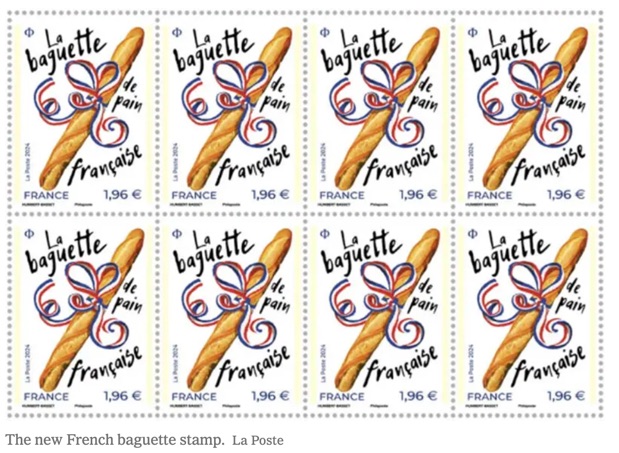
Why the Moon Race Reminds Us of Instacart
January 22, 2024
Who Will Win the French Toast Stick War?
January 24, 2024Countries hoping for a GDP boost have used residency perks. In exchange for a passport and citizenship, businesspeople have to invest in their “new home.”
It did not quite work out that way.
Golden Visas
Our story starts during 1984 when St. Kitts and Nevis offered the first investment migration program. Recognizing a good idea, soon after, Canada and the U.S. followed. In the EU, between 2011 and 2019, 132,000 Golden Visa recipients brought more than 21.4 billion euros.
Australia began to offer SIVs (significant investor visas) during 2012. With a five million Australian dollar minimum, investing possibilities included buying government bonds, starting businesses, purchasing property. After meeting specified requisites, a Golden Visa recipient could have received a passport and citizenship.
Now, Australia says it never worked out. The people who migrated tended to be older than 45 years old and soon needed pricey social services and benefits. Not as talented as everyone expected, some engaged in illegal activities like money laundering. Australia even calculated that each person cost them $120,000. Including Ireland, the UK, and Portugal, countries that ended their Golden Visa programs reported too little economic boost and too much illicit activity.
Instead, the better alternative would have been younger skilled workers.
Our Bottom Line: Unintended Consequences
Whereas typical immigrants gain entry from a non-transferable personal attribute such as joining a relative, bringing a skill, or looking for sanctuary, investment migration just requires money. And that probably is the problem. Because the programs were easily abused, offering countries wound up with a slew of unintended consequences.
Looking at unintended consequences more broadly, sociologist Robert Merton said they included “unforeseen benefits, perverse results, and unexpected drawbacks.” Then, in the same Harvard Business Review, the authors articulated a specific list (that I copied) for media platforms:
- Propagation of misinformation
- The concentration of information and market power
- Breaches of privacy and personal information
- Increasing inequality in the workforce
- Reduced access to essential goods and services
- Alienation or social isolation
- Damage to the environment
You can see that from Golden Visas we’ve migrated to unbounded territory.
My sources and more: Through the BBC’s World Business Report podcast, I learned about Australia’s Golden Visas and had a more pleasant morning walk. From there, among the many Golden Visa articles I found, this one is a possibility while an OECD report and The Economist were the most detailed. Then for unintended consequences, in addition to the Harvard Business Review, econlib has a superb discussion.
Our featured image is from the OECD.
![econlifelogotrademarkedwebsitelogo[1]](/wp-content/uploads/2024/05/econlifelogotrademarkedwebsitelogo1.png#100878)




